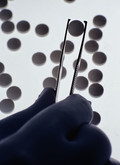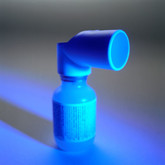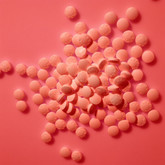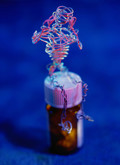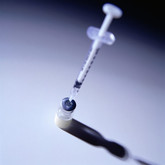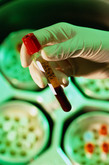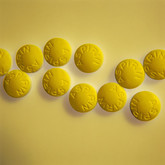Generics
Transparency in the Australian pharmaceutical industry
In Australia, the promotion of medicines to healthcare professionals is controlled by self-regulatory schemes operated by the pharmaceutical industry.
Factors affecting generics entry
Edward Kong, Research Assistant at the Yale University, Department of Economics, carried out a study into the factors that influence a generics maker’s decision to enter a specific market [1].
Sandoz petitions FDA over requirements for generics of Advair Diskus
Sandoz has asked the US Food and Drug Administration (FDA) not to approve generics of GlaxoSmithKline’s (GSK) chronic obstructive pulmonary disorder (COPD) treatment Advair Diskus (fluticasone/salmeterol), unless the generics applications contain the results of pharmacokinetic (PK) bioequivalence studies that ‘ensure the safety and efficacy’ of the products.
Teva sells Actavis’ UK and Ireland generics business to Intas
Israeli generics giant Teva Pharmaceutical Industries (Teva) announced on 5 October 2016 that it had agreed to sell the UK and Ireland generics business of Actavis to Accord Healthcare (a subsidiary of Intas Pharmaceuticals) for GBP 603 million, subject to final approval from the European Commission (EC).
Competition in the generics industry
In theory, an increase in the use of generics should help to reduce overall drug expenditures. However, growth in spending on medicines in the US increased by US$46.2 billion, or 12.2%, over 2014 levels, reaching US$425 billion in 2015 [1]. This increase comes despite a simultaneous growth in spending on generics, which increased by US$7.9 billion (7.4%) to US$114.1 billion in 2015.
Mylan agrees to pay fine over EpiPen rebates
US-based drugmaker Mylan announced on 7 October 2016 that it had agreed to pay US$465 million to the US Department of Justice (DOJ) and other government agencies. The agreement, the company says, will resolve questions that have been raised about the classification of its EpiPen injectors for the Medicaid Drug Rebate Program. The deal has also been made without the company having to admit any wrongdoing.
Generic antibiotics could be contributing to bacterial resistance
Therapeutic non-equivalence of generic antibiotics could be contributing to the global problem of bacterial resistance, according to researchers from the Universidad de Antioquia in Colombia.
Teva recalls antibiotic and anti-seizure drug
Recent US Food and Drug Administration (FDA) reports have caused Israeli generics producer Teva Pharmaceutical Industries (Teva) to recall a treatment for seizures, as well as an antibiotic made at its sterile manufacturing plant in Hungary.
Different approaches to bioequivalence trials for EMA evaluation
Selection of robust bioequivalence study designs is a difficult task for manufacturers of generics. Author Nathaniel Refalo from the Malta Medicines Authority and colleagues therefore investigated whether different approaches in various products assessed by the European Medicines Agency (EMA) during the approval phase resulted in a reduction in the resources required to show bioequivalence [1].
Why do generic drug prices keep on rising?
Consumers are paying more and more for their drugs, and especially in the US. The US allows manufacturers to set their own prices for drugs, leading to overall medicine costs being higher than anywhere else. More and more, insurance companies are passing on these higher costs to consumers.

